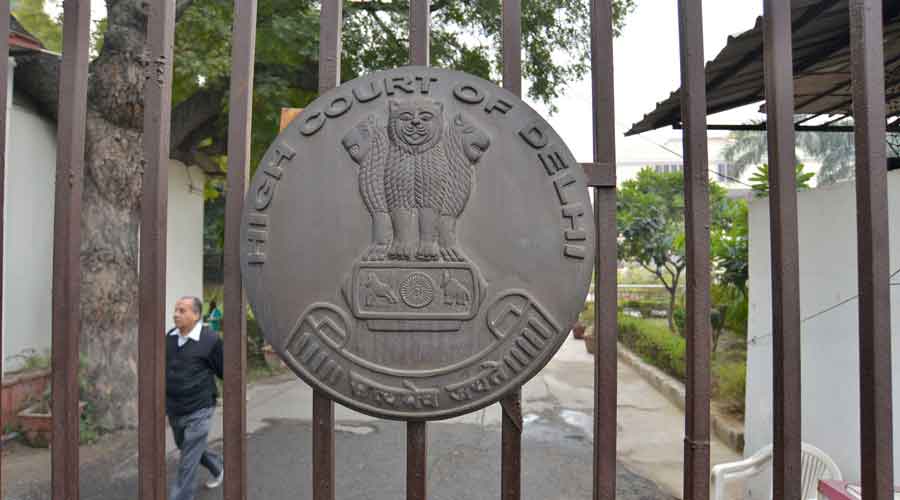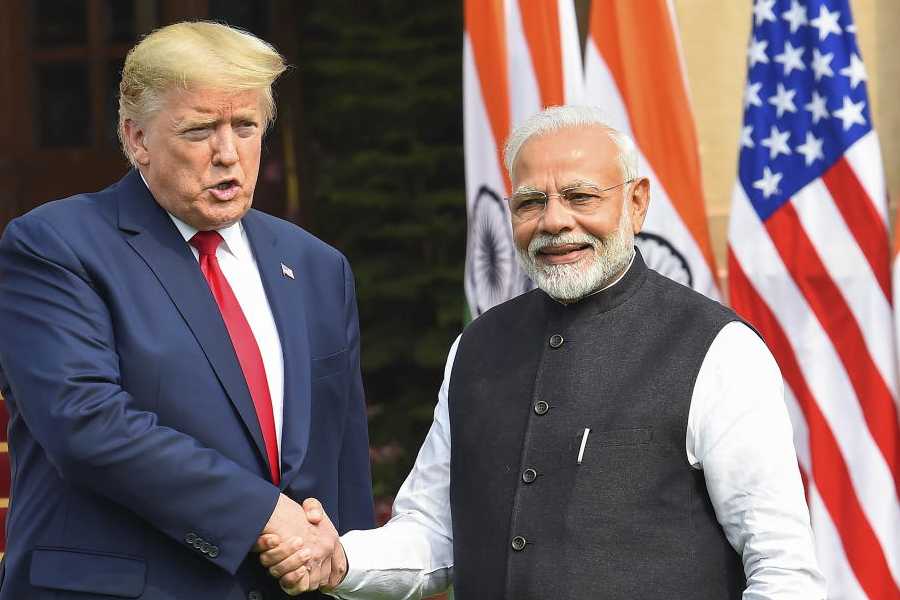Money-laundering is a grave crime and the Supreme Court’s reported concern about penalising it is understandable. The Prevention of Money Laundering Act, 2002, however, has vocal critics, who feel that its provisions violate some basic principles of Indian jurisprudence, such as the presumption of innocence, and also certain Constitutional rights. The law gives the enforcement agency special powers to search without warrant, to arrest without giving the accused party the reason through the enforcement case information report, to attach property — among other unusual features. Bail is difficult, for the onus is on the accused to prove their innocence even before trial. The question here is whether the gravity of the presumed crime justifies the measures the law permits. No one denies the power money wields in society, but can the principles behind law, of equality for example, and the primacy of the Constitution, be entirely overlooked? Recently, the Supreme Court agreed to review two of the provisions among those it had upheld in July. These relate to the right of the accused to receive an ECIR upon arrest, like a copy of the first information report, and the onus on the accused to prove their innocence while the arresting agency, the Enforcement Directorate, need not prove guilt.
Exceptional laws for exceptional situations are not uncommon: terrorism may afford such an occasion, although recent events show how anti-terror laws are applied against political or even policy-based dissenters. This is the danger of all laws that breach citizens’ rights in the name of serious crime. Not just the National Democratic Alliance, but the United Progressive Alliance, too, helped in sharpening the PMLA that is now being used against Opposition politicians. The jump in PMLA cases registered by the ED in the Narendra Modi government’s second term demonstrates how a law with special powers can turn into a political weapon. Law enforcement agencies applying the law in this way, the ED for example, are responsible for undermining the letter and spirit of the Constitution and the principles of jurisprudence. Does the court have a role here? Besides, no law or its application is without context. That would include the fact that the highest number of legislators with criminal cases against them belong to the ruling party. Public perception should not be confused with these anomalies.










